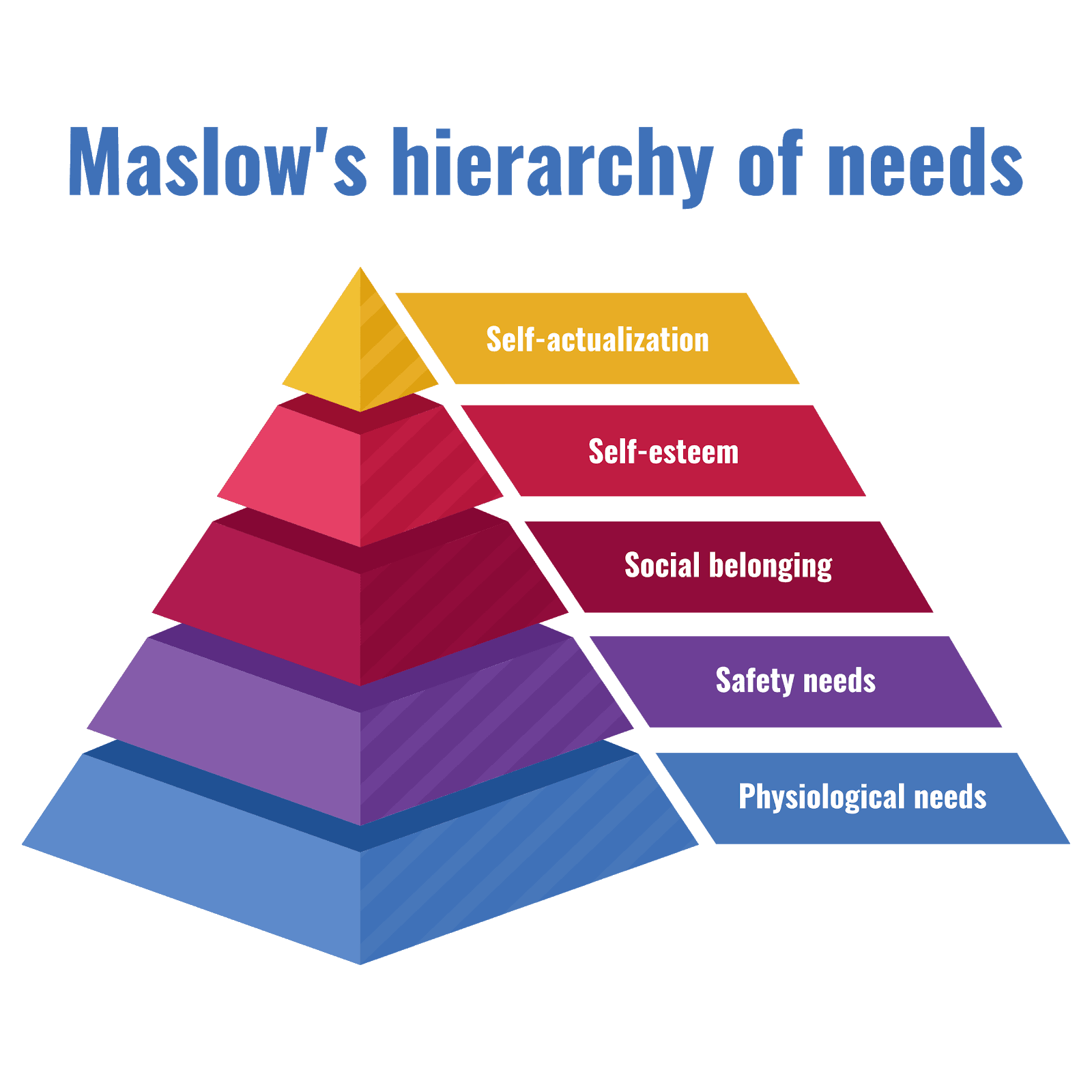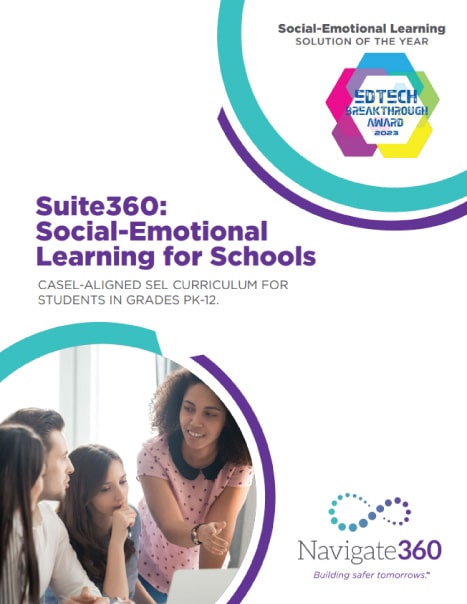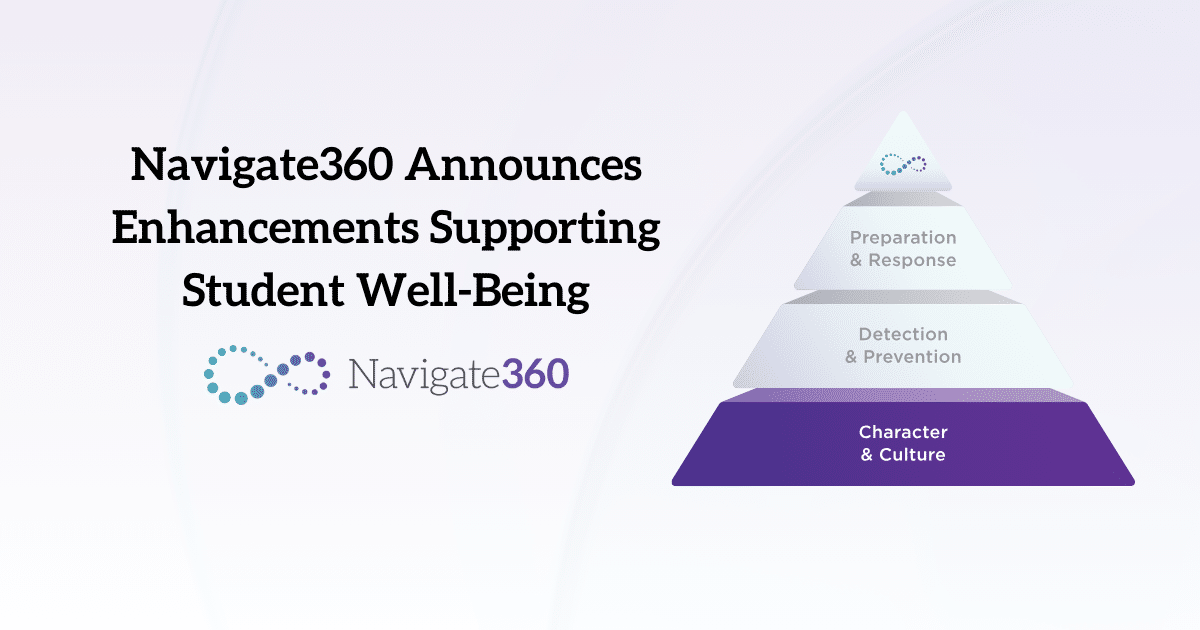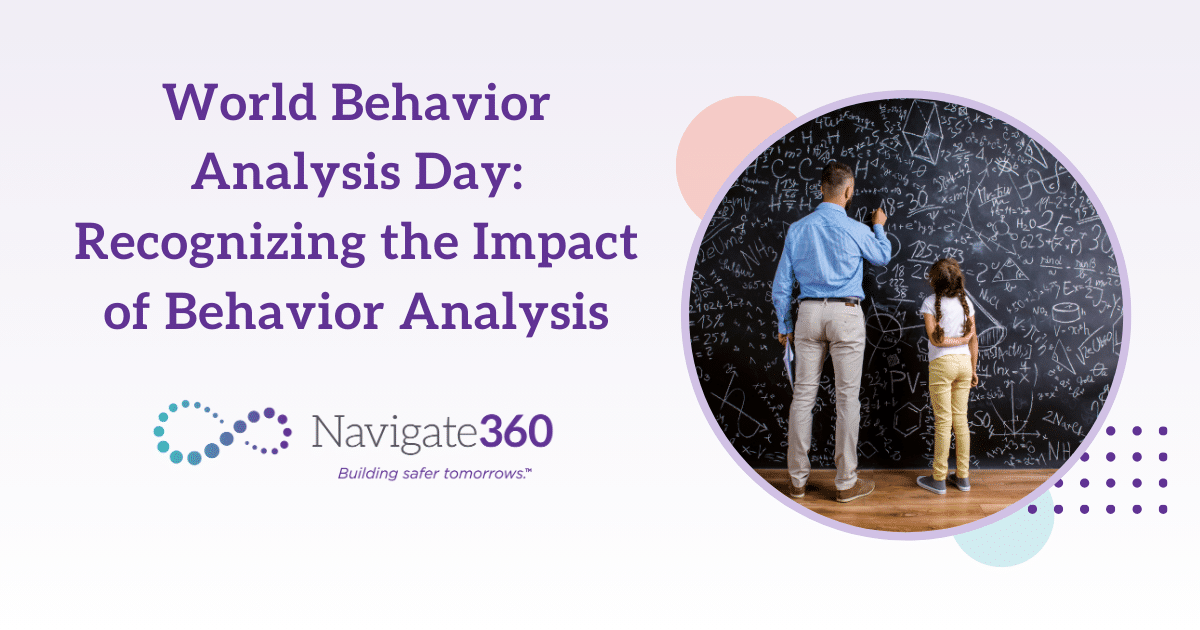Taking the Social-Emotional Temperature of Your School
When it comes to educating the whole child, academics are only part of the equation. Providing an educational environment in which every student can develop core social-emotional skills can impact student success long after their school career ends. A crucial element of this supportive environment is the implementation of SEL assessments, which allow teachers to better understand the needs of their students.
Most educators are familiar with the concept of “Maslow before Bloom,” which focuses on providing physical, social, and emotional safety to mentally prepare students for learning. Social-emotional skills are a key component of academic achievement, positive school culture, and mental health and wellness. Students who develop proficiency in each of the five CASEL competencies are more likely to experience positive results. These can include improved academic performance, more supportive relationships with peers, and significantly lower emotional distress, among other outcomes. The best way to create this type of powerful change in a school is through SEL instruction and assessments. Determining which social-emotional skills your students have mastered and where they need additional assistance can help you to develop effective interventions.

Why SEL Assessments Are Important
Regular SEL assessments give educators a deeper view into student social-emotional health, highlighting skills that need additional instruction and support. Best practice is to have students complete the assessments three times – the beginning, middle, and end of the school year. The timing of these assessments enables educators to track SEL growth over the long term, instituting interventions to address specific needs for specific students.
Additionally, SEL assessments allow you to:
- Identify student skill needs
- Establish a baseline for intervention
- Monitor progress and growth
- Provide feedback and guidance for students, families, and school leaders
- Inform policy and resource allocation decisions
- Foster a culture of continuous improvement and collaboration among educators
- Improve academic achievement
- Reduce behavior challenges
True community within the school relies on establishing social and emotional security for all students. Students who feel safe and supported in their school environment can grow and learn, not only socially and emotionally but academically, as well. Comprehensive SEL assessments can provide this foundation for student growth.
Accuracy in Key SEL Assessments
Not all SEL assessments are created equal, however. To provide the most comprehensive, effective intervention and support for students, schools must use a research-backed, standardized, and proven assessment. Such an assessment provides objectivity and fairness for diverse racial and ethnic groups, resulting in more reliable and valid evaluations. In addition to assessing proficiency in the 5 CASEL domains, a comprehensive SEL assessment also addresses mental health and wellness. A multiple-informant approach – gathering information not only from student self-reports but also from teachers and parents or families – also creates a more holistic view of a student’s social-emotional skills.
Social-Emotional Learning is Foundational to Student Success
Students are dealing with a lot these days. From living through a global pandemic that threw their lives into upheaval to grappling with cyberbullying and all its iterations, kids without the social and emotional skills to handle these stressors can fall behind in school, exhibit challenging behaviors, and withdraw from relationships. But in classrooms where social-emotional learning is a priority, students learn crucial skills to thrive in school and in life.
Just like not all SEL assessments are created equal, neither are all SEL curriculums. Navigate360’s social-emotional learning has been named as EdTech Breakthrough’s 2023 SEL Solution of the Year. With hundreds of scaffolded, interactive lessons for kids from preschool through 12th grade, it is the premier social-emotional learning solution for students, teachers, and families. To learn more, download our free guide today.





